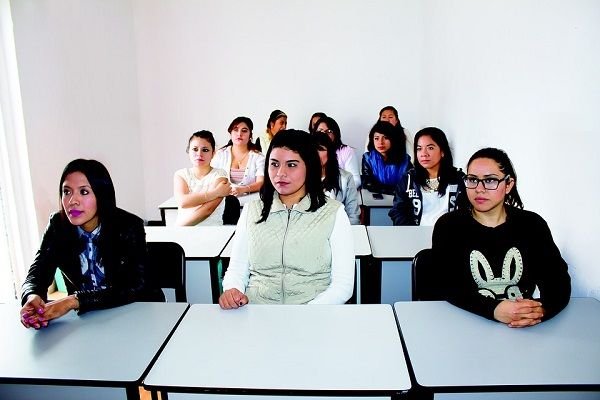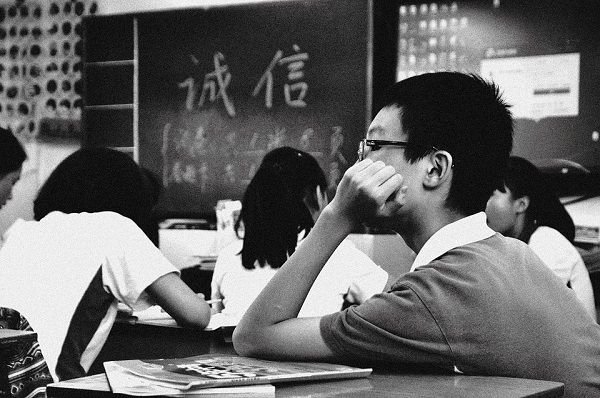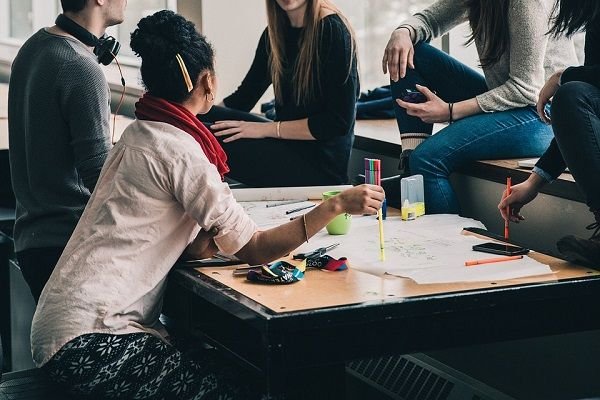Introduction
The teaching and learning of Science and Mathematics has been reported to be very challenging for both the teachers and the learners. This has resulted in poor performance of students in Science courses in the various levels of education. One major factor which I have found very helpful especially in a medium-size class is designing my curriculum to align with the predominant learning style of the target learners. Although, understanding and exploiting the learning styles of students may necessitate the use of more than one instructional technique, the effect on the students' attitude and academic performance is quite rewarding. Understanding and exploiting one's learning style as a learner would also enlighten the learner on the best way to harness this unique individual characteristic for effective learning.

The term learning style has been accorded different definitions since 1970s. For example, the experimental theorist, Kolb, defined learning style as 'the ways that individual prefers in acquiring and processing information. Other scholars like Rita Dunn referred to it as the specific ways a student learns and remembers. Personally, I would define learning style as the unique and predominant way that an individual feels at home with, to effectively assimilate, retain and remember information. There are over 21 models of learning styles which have been researched till date, but the simplest and the most widely used, which gives a detailed representation (in my opinion) is the VAK model. developed by Neil Fehemings in 2001.
The 'V' represents the Visual learners:

Students with this type of learning style learn effectively from what they see; like looking at the writing board, reading books, viewing images, symbols, postal, writing notes and so on. They learn more effectively this way than just listening to teacher's speech, they prefer to write down rather than talk. Instruction should therefore be given with teaching aids maps, videos, movies, diagrams, images and so on.
'A' represents Audio-verbal learners (also known as Auditory learning style):They learn by listening.

They would rather listen to the teacher than write what is on the board. This type of learners would prefer to copy the notes after the class or record the teaching period on audio recording device to listen to after the class. They may dislike reading books, but they are music lovers and they learn more when they hear about something than when they read about it. For example, i found out that some group of students memorized the elements in the periodic table more easily when they are composed into songs. This is because auditory learners effectively learn when they read loud or are being taught using tunes or rhymes, songs, story telling and other verbal activities.
'K' represents the Kinesthetics: They learn by feeling, touching, smelling or tasting. Learners like this learn more when practical demonstrations are used to teach rather than reading or listening.

Students who operate with this learning style listen to music while studying, are restless during lectures and prefer to move round while reading or memorizing.
Learning Style and Attitude
Attitude could be explained as one's opinion about or disposition towards something. when a student struggles consistently with understanding the concepts taught in a particular subject, he/she may gradually lose interest in the subject and this may lead to a negative attitude towards the subject.

Learning Style and Academic Achievement
The main feedback of the success of a teaching-learning process is the academic performance of the students in the particular subject. When teaching has taken place, it does not mean that learning has also been effected. Learning style has been reported to positively influence students' academic achievement across all levels of education. When a student is thought in the way he/she likes to learn, he/she will learn effectively and this would be rewarded by academic success.

Learning Style and Creativity
Creativity can be said to be the ability of producing unusual things, concept or ideas. God has deposited a potential for creativity in everyone, but it needs to be activated. When curriculum and teaching methods are designed to match the learning style of students, the thinking and problem-solving skills of the students would be enhanced. and this could activate the potential for creativity in the students.
Learning Style and Personality
In my earlier post on 'introduceyourself', I described the personality traits of my dogs from which i formed their nicknames. The personality of each dog actually reflects on how they respond to method of training. The 'bubbling boa' responds to training through playful activities, 'Nick the prowler' responds to training done with food, while 'Bruno the silent stalker' learns when given firm instruction with a serious no-nonsense face.
Personality traits are the unique features, characteristics of an individual which determines his/her reaction to life situations. Personality traits and learning styles have been reported by researchers to be intertwined. Personality traits could be classified into five factors extraversion, agreeableness, conscientiousness,
neuroticism/emotional stability, and openness. Aligning the learning styles of learners to method of instruction used in classroom teaching would bridge the gap created by personality differences in learners.

Conclusion
Everyone who is a teacher or a potential learner could benefit from understanding one's learning style (as a learner) or the students' style (as a teacher). This would enable one to exploit it for academic success.
Do you know your learning style?
Have you thought about it?
This could be the catalyst needed to activate your academic success and creativity
Thanks for taking time out to read this.
All images are either labelled for reuse or taken by me.
References
Learning style and maths achievement
Learning styles and achievement in higher education
Learning styles and creativity
Learning style and Personality
Cambridge International Dictionary of English
Congratulations @conas! You have completed some achievement on Steemit and have been rewarded with new badge(s) :
Click on any badge to view your own Board of Honor on SteemitBoard.
To support your work, I also upvoted your post!
For more information about SteemitBoard, click here
If you no longer want to receive notifications, reply to this comment with the word
STOPI have I learnt alot about learning process today. I think teachers and parents should understudy their Student/ wards very well so they could be of a great help and help them discover how best the children can assimilate. Thanks @conas for this educative post.
@steep2308 thanks so much for taking time out to read my post. I appreciate your comment.
audio-verbal learner! 😊@conas, this is an incredibly informative and well written posts. I am going to send it to a couple of friends of mine who teach children and they will love it. I think, I am an
@abigail-dantes thanks for the comment , i feel so encouraged. i am more of a visual learner.
Excellent!!! You did a great job here. Congratulations for featuring on the steemstem distilled ;)
@abigail-dantes thanks i'll look out for your blog. Thanks again.
Sweet article ! Long classes always bored me, i guess that's because i'm a visual learner, i finally realise why i always liked reading books on my own..
@ fancybrothers Yes me too. Thanks for the comment.
@conas you are incredible. With this, you just solve some problem in the classroom. You make things easier for students parents and teachers as well. 👍
@steepup thanks, swimming in my domain, you know. 'once a teacher.........'
Very quotable.
Hey, @conas ! What a well-written and structured article ! Too bad that I only read it today.
If only more teachers and lecturers around the world understood this better, imagine how many students would be satisfied of their education.
I will follow you for more content !
Cheers !